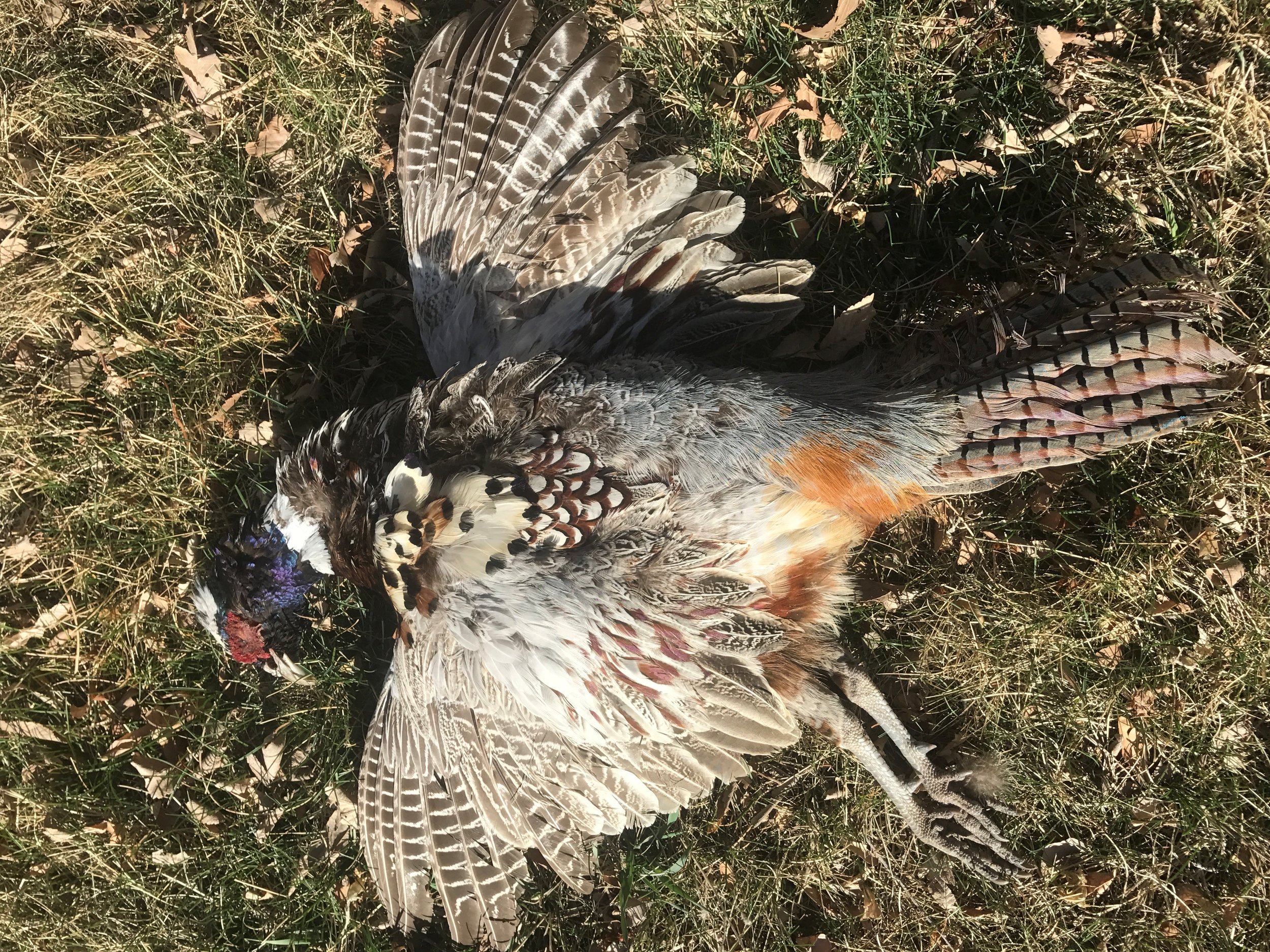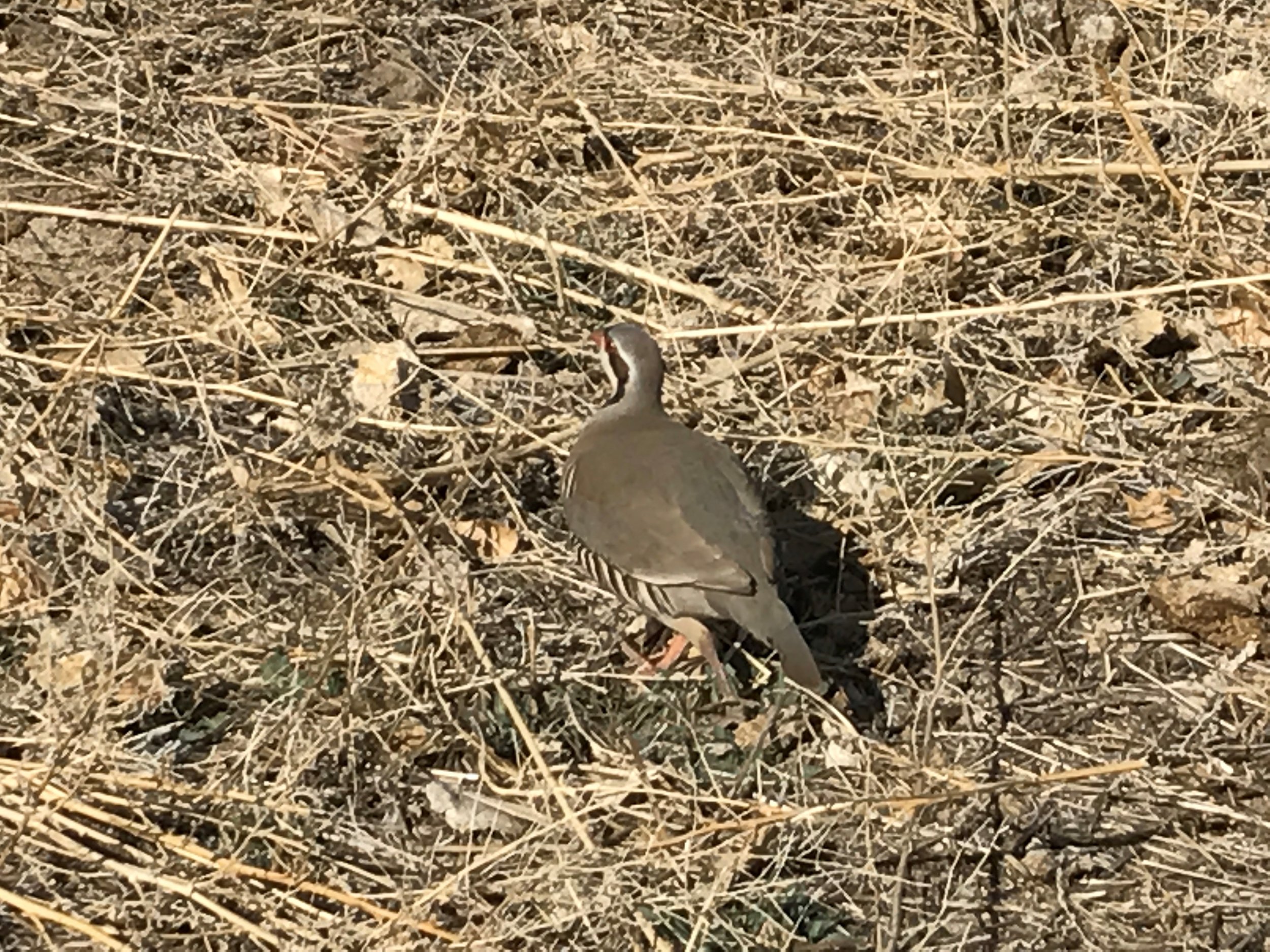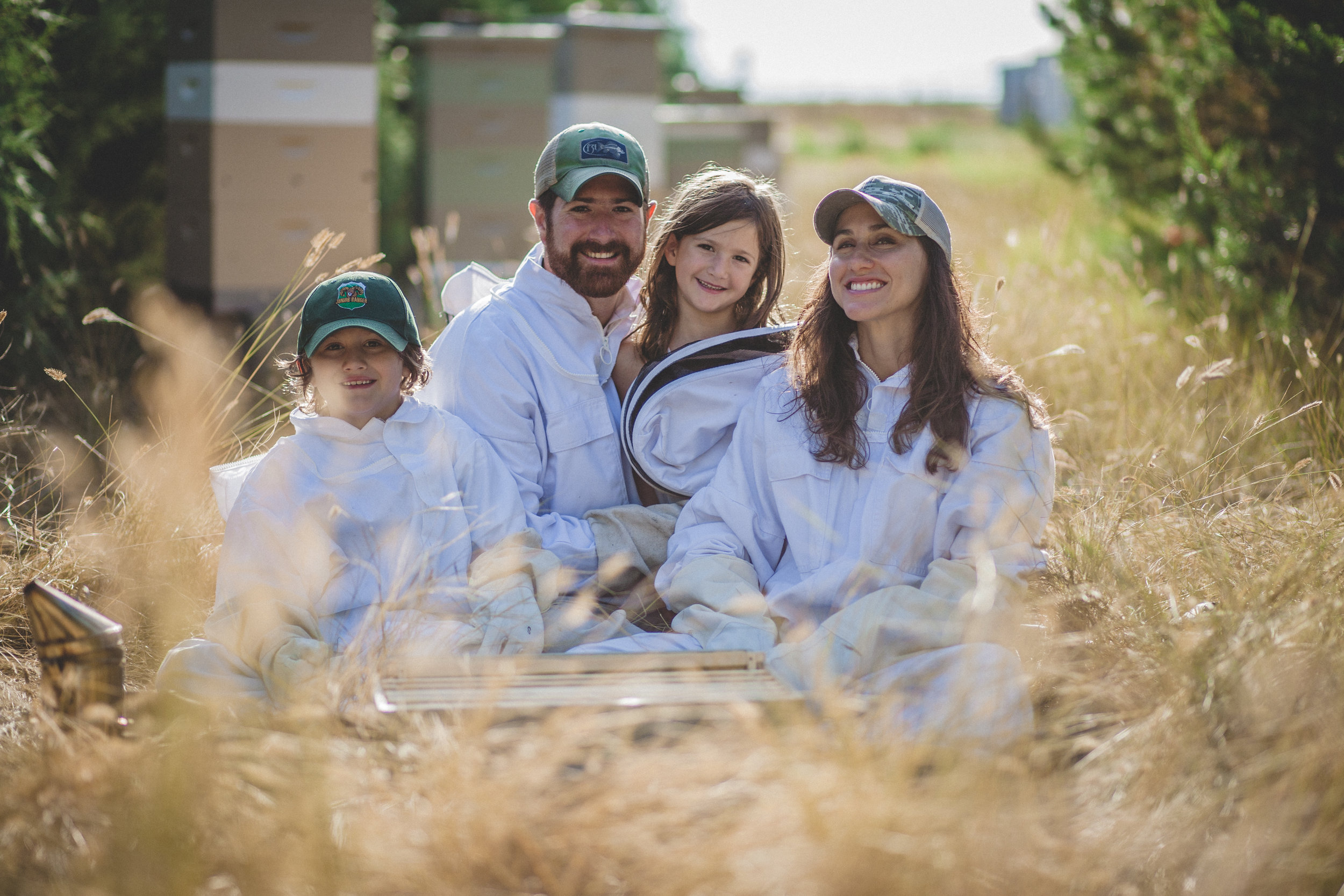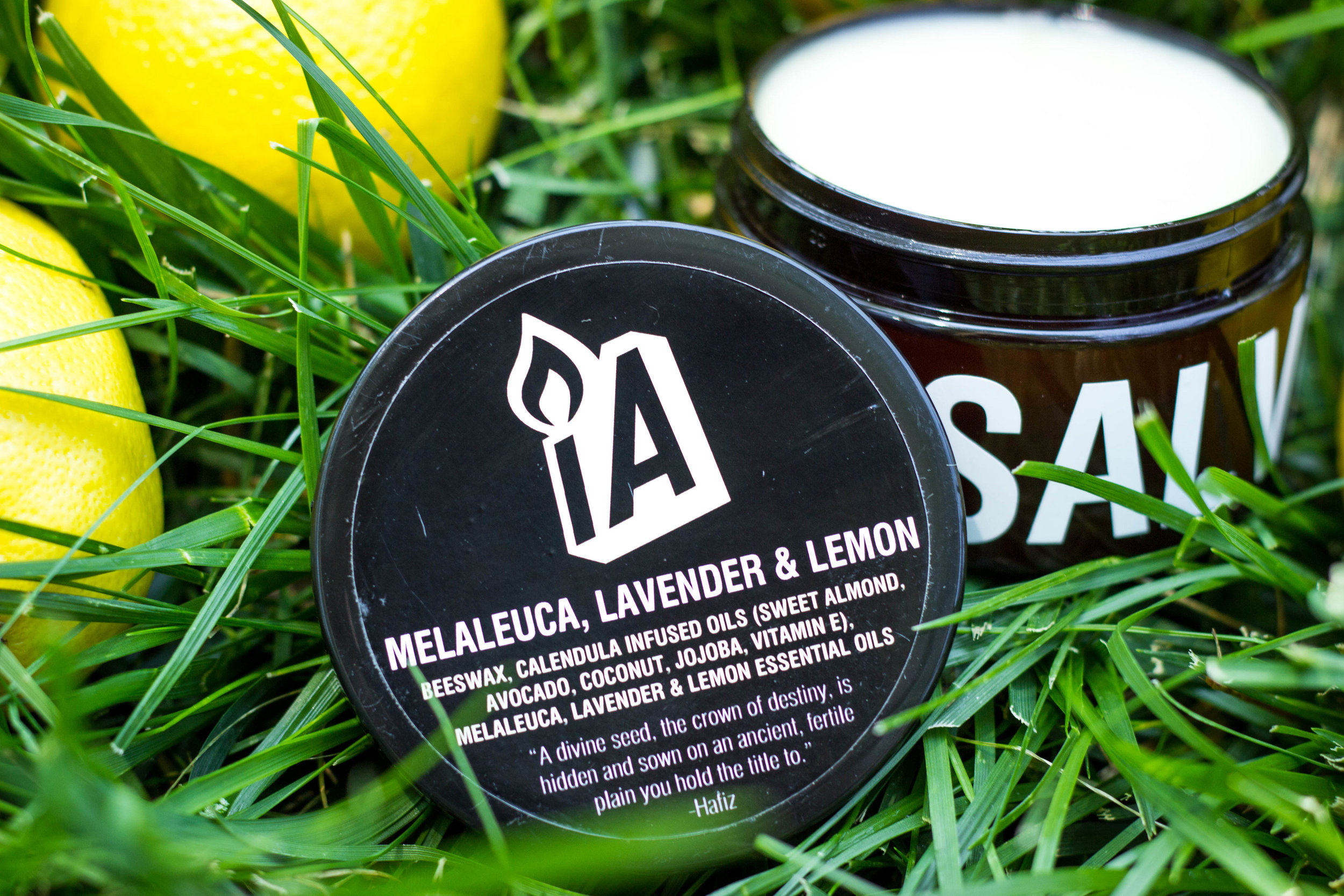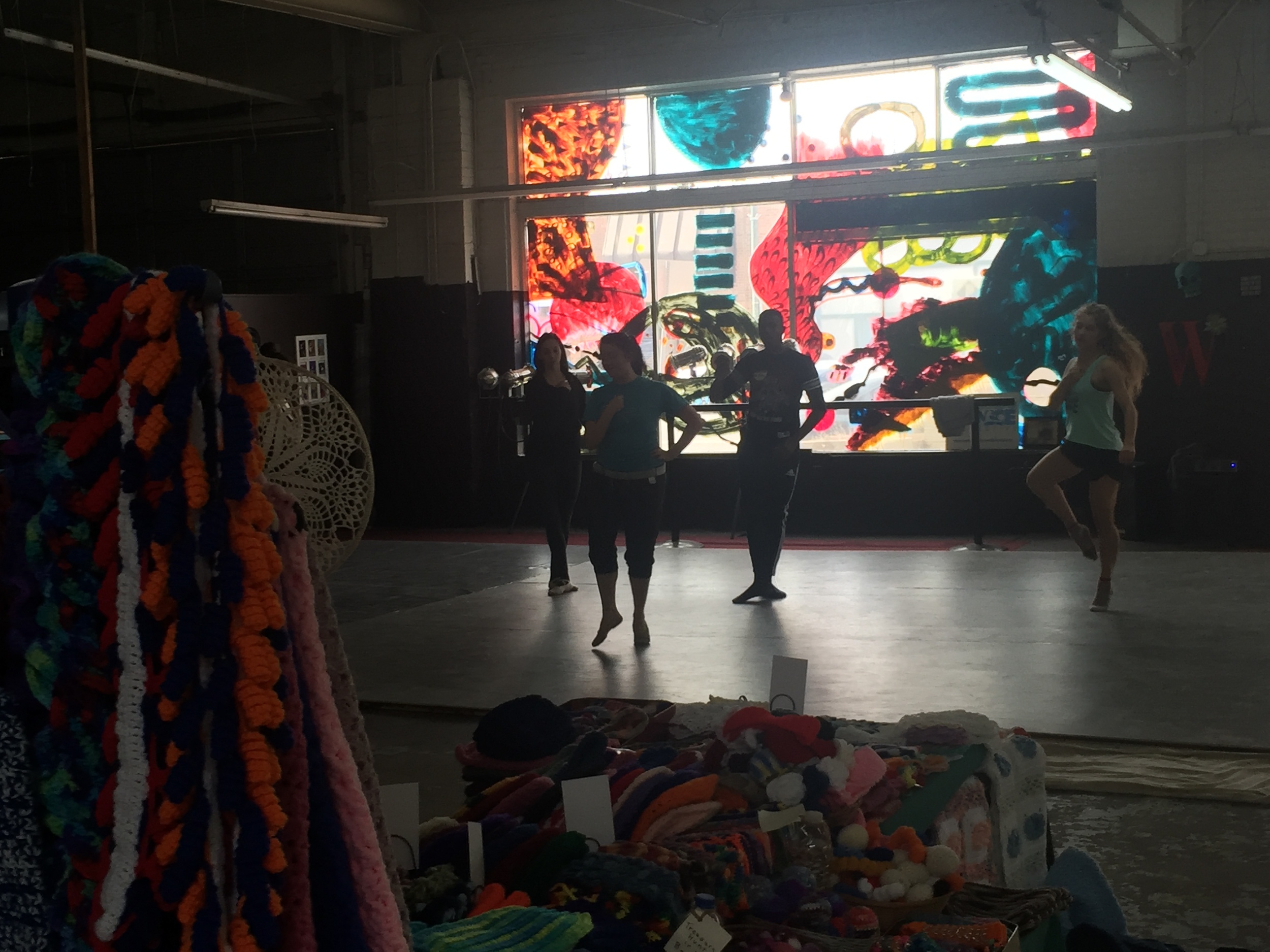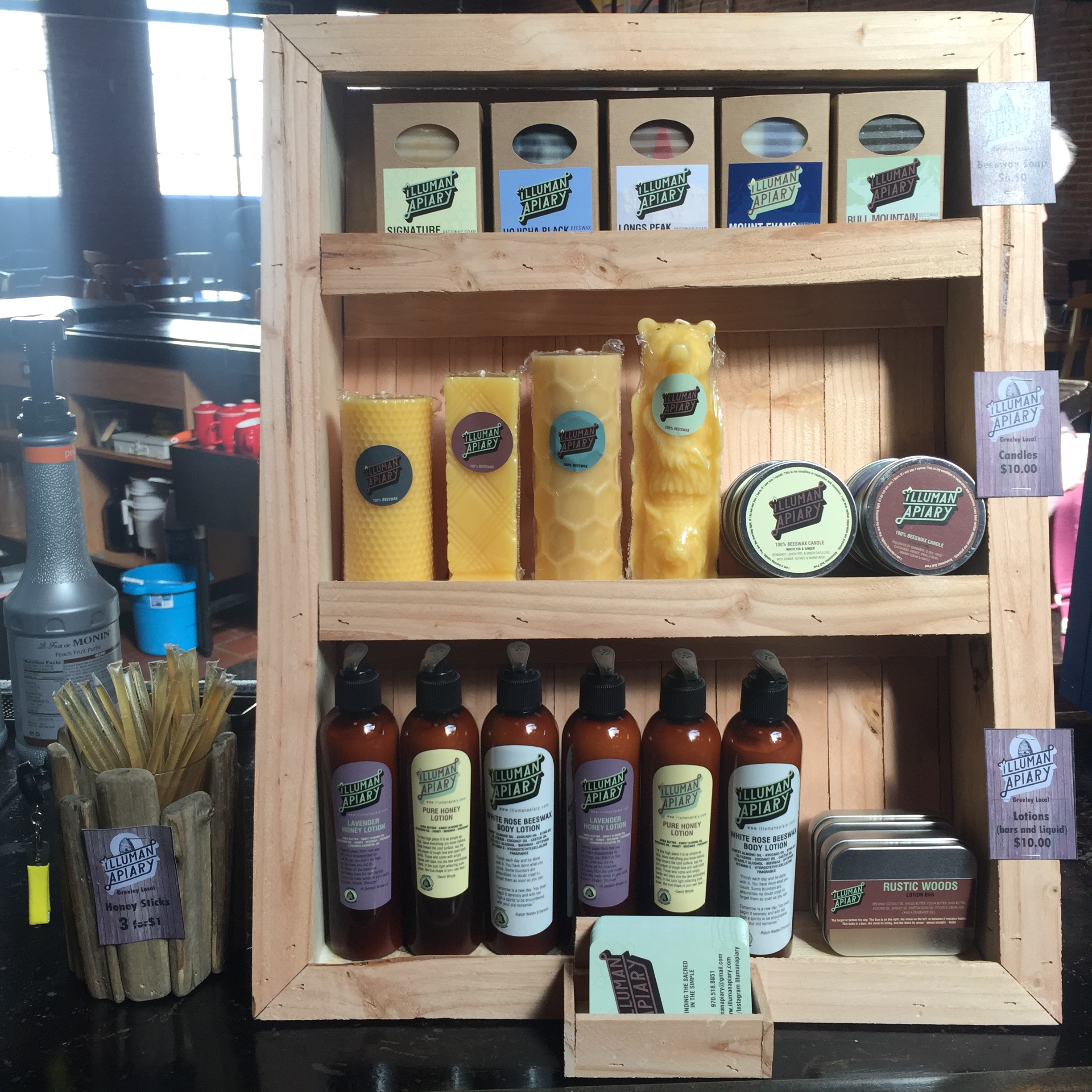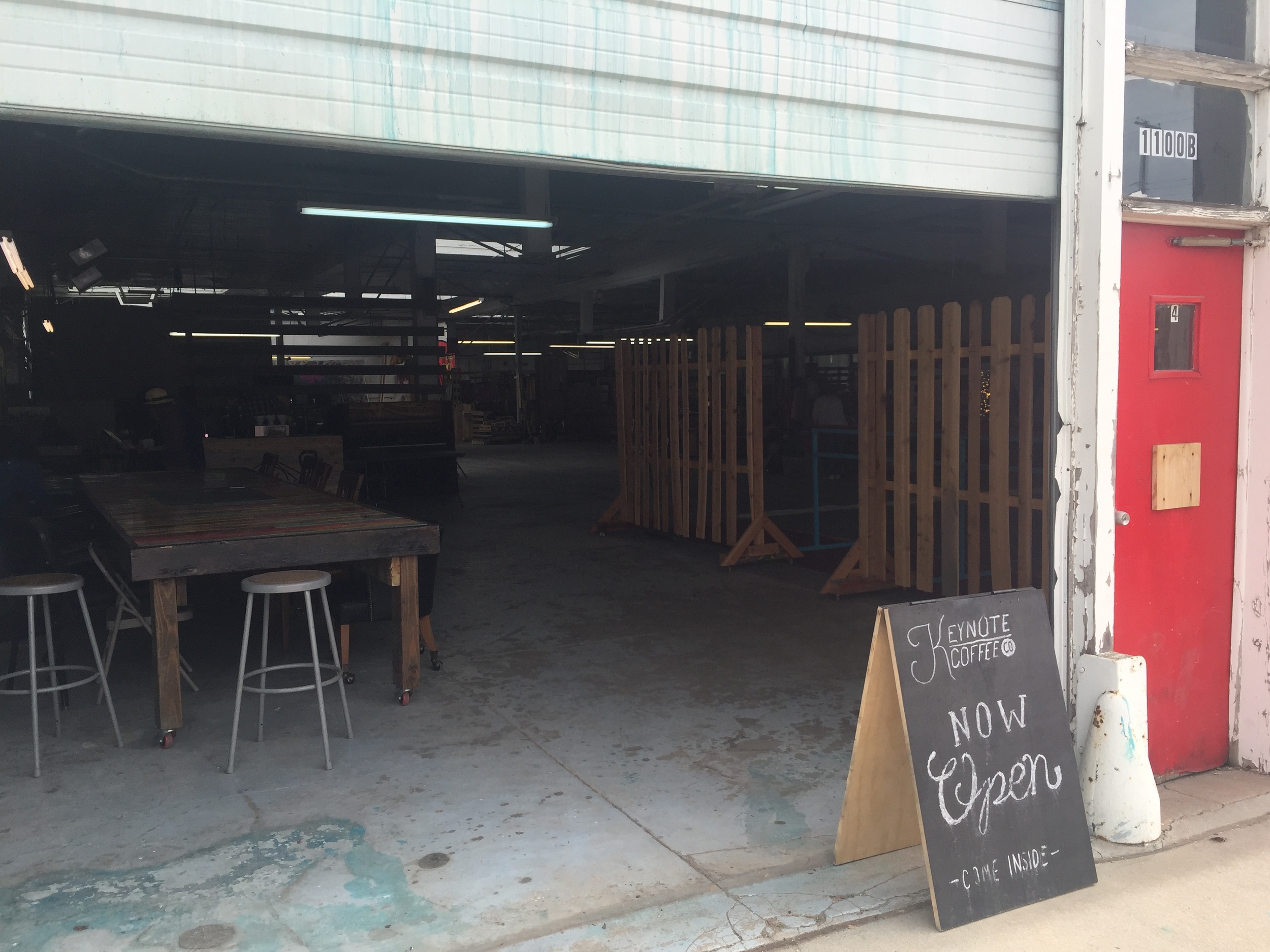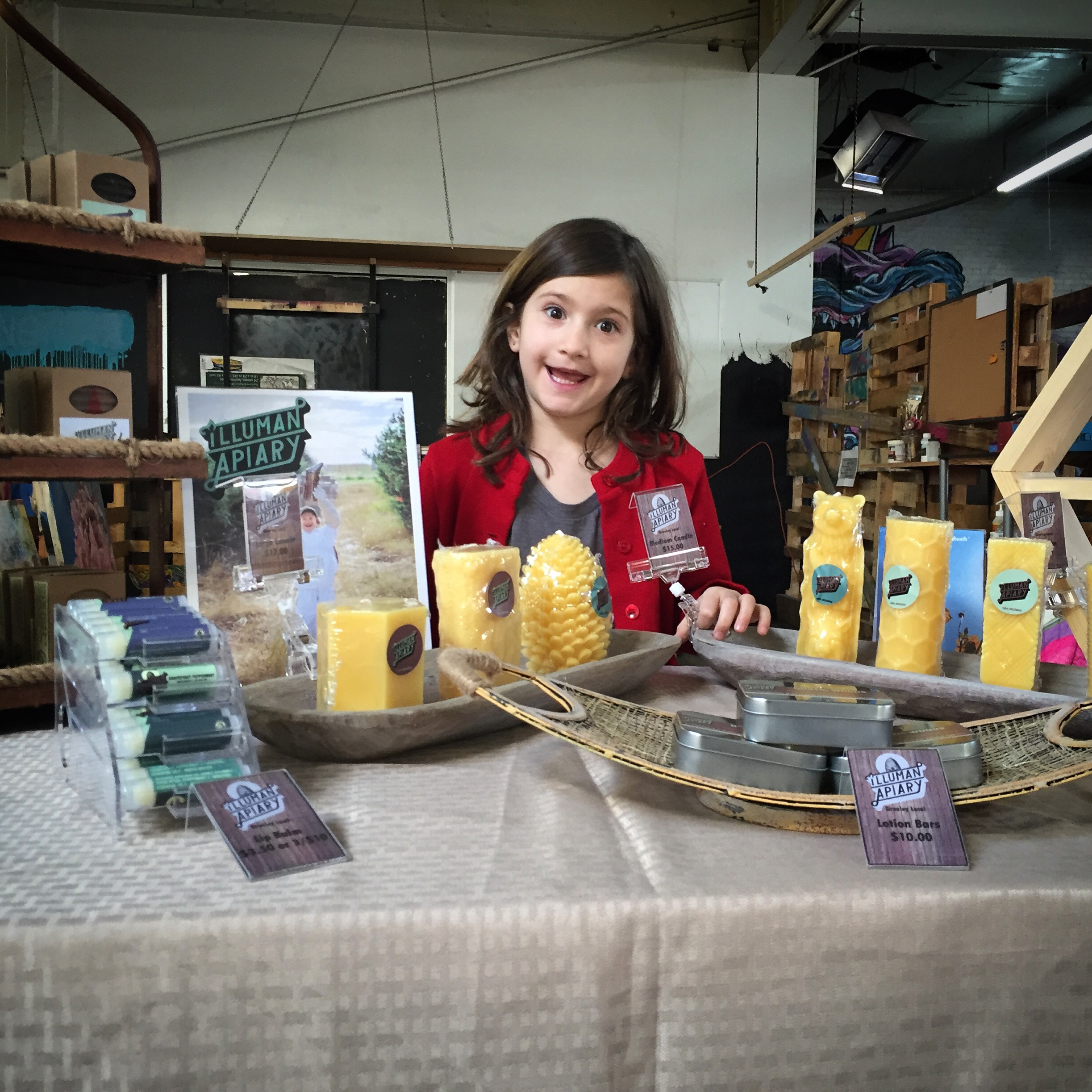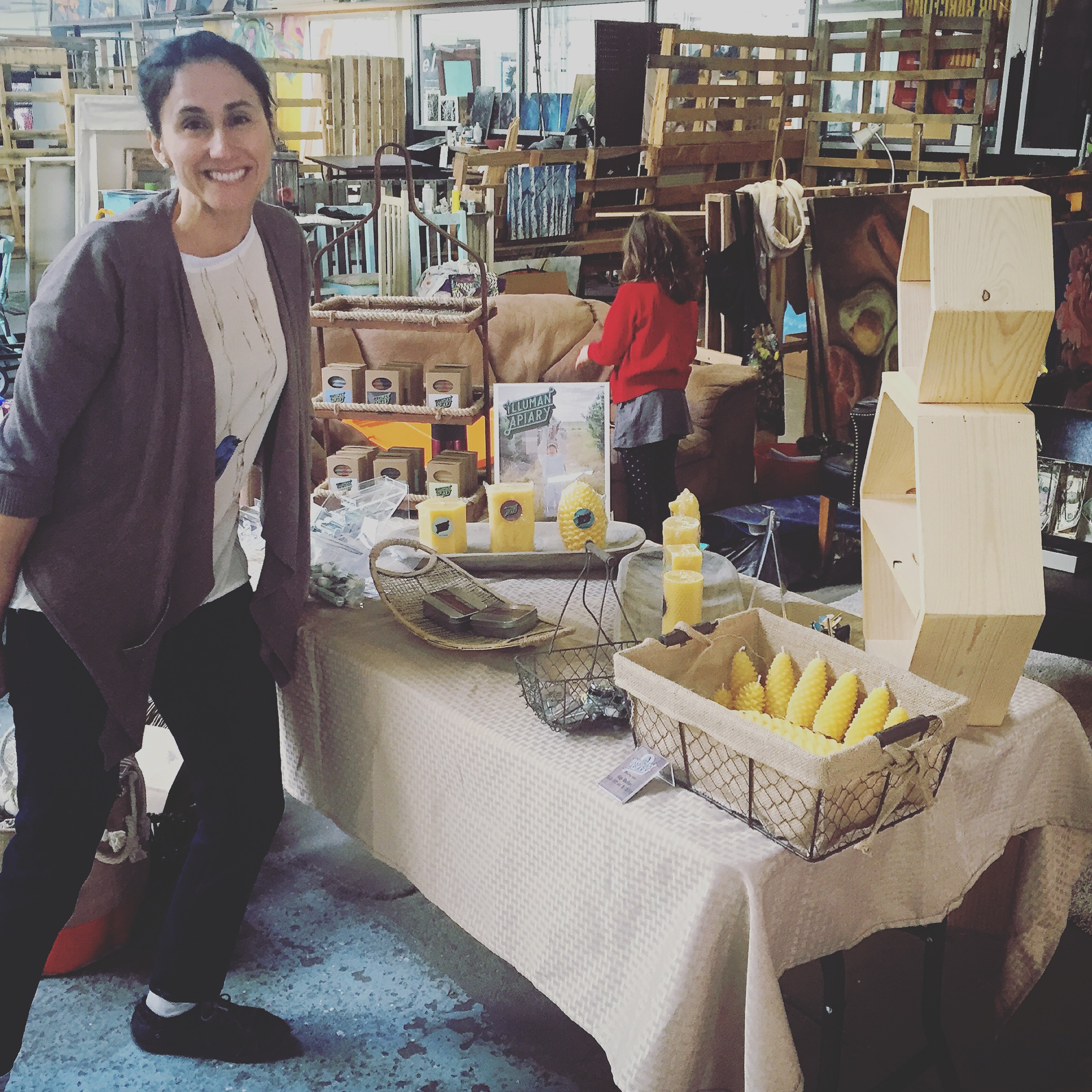3. It connects you to Home
We love Greeley. We kind of want to marry it, and by living here and investing here, we feel like we are. We love the culture, we love the location, we love our history, we love our people, we love the challenges and we love that Greeley seems to be this place where big things are born. We are thankful that we get to be a part of Greeley story and your family.
We choose Greeley, and we want to be caretakers of its story and invest in its value. A lot of the valuable pieces of Greeley are not the things that are unexpected but the things that are actually highly expected. We are built on agriculture. We have a growing and thriving Indi-Arts community. Greeley's grasp on music and the performing arts is intense. Our level of diversity for a small Colorado community is unparalleled, and the Farmer's Market is the place where all these things and people mix.
When you invest in the farmer's market, you are investing in your home and in your family. Its saying, "There is value in this place, and in these people."
Our prayer is that the residents of Greeley begin to see Greeley as home, a place they have chosen and a place to sink their roots in, because Greeley is worth it.
4. It Roots you in Thankfulness
When you know the story of your lettuce, flowers, cheese, meat, coffee, honey, soap and all the other things you buy, you engage a journey of thankfulness.
Many of us have family practices of praying before meals alone or with our families. Its common to have prayer of being thankful for the food, however by being connected to the growers and producers, our prayers all of a sudden take shape.
Our prayers are no longer, "God thank you for this food and make it good for our bodies," but "God thank you for the Cockroft family who spent their summer growing this lettuce, tomatoes and peppers, thank you for Katy who baked this bread, thank you for the family at moo-cheese for this cheese and for the Tencza's who got stung a billion times over the summer so we could have honey on our desert =) "
5. It exposes the true value over the true savings
As many of you know we sell our honey for $10.00 per pound. This is about $2.50 more than what you would pay at a supermarket.
Last year, we had a gentleman come to our booth, pick up a 2lb bottle of honey and "How much?" We told him $20, and he was stunned, was offended and said, "Thats so expensive!" Now we know we are supposed to be good sales people and explain the cost and smile, but our response was simply, "Yes it is. Its very expensive."
I believe many of the other farmers will say the same thing. Its expensive.
Its expensive because when we bring our produce, we aren't just bringing tomatoes, lettuce, cheese and honey... we are bringing our lives (and we love it!).
In that 2 pound bottle of honey is my family building wooden hives all winter long, and panting all of them in the garage during the rainy early Spring. In that honey is us dropping everything when you call us and say there is a swarm of bees in your back yard, and we come, catch them and put them in one of the hives that we built over the winter. In that honey is my family in bee suits with the smoker, heat, stickiness to farm, cultivate and care for the bees. It is us pulling 24 hour days during the summer to extract the honey so we can have it ready in time for the market. Is us putting quilts over the hives when its cold or tarps when its rainy. When we sell our honey, soap, lotion, lip balm or whatever... we are offering you our heart, our time, our love and our craft and over the years the community of Greeley has wholeheartedly supported and loved us back.
We are thankful for the unbelievable love, support and encouragement that you have given to us over the years and desire nothing more than to have the other farmers in our community feel that same sense of pride, ownership and investment. Its time for us to have a prideful ownership of the city we call our home.
This summer, invest wildly at the Greeley Farmer's Market. Come get to know your farmers and neighbors. Experience the value that is in your food and local home products. Come and invest in the things that are valuable: your community, family and home.
We can't wait to see you!












